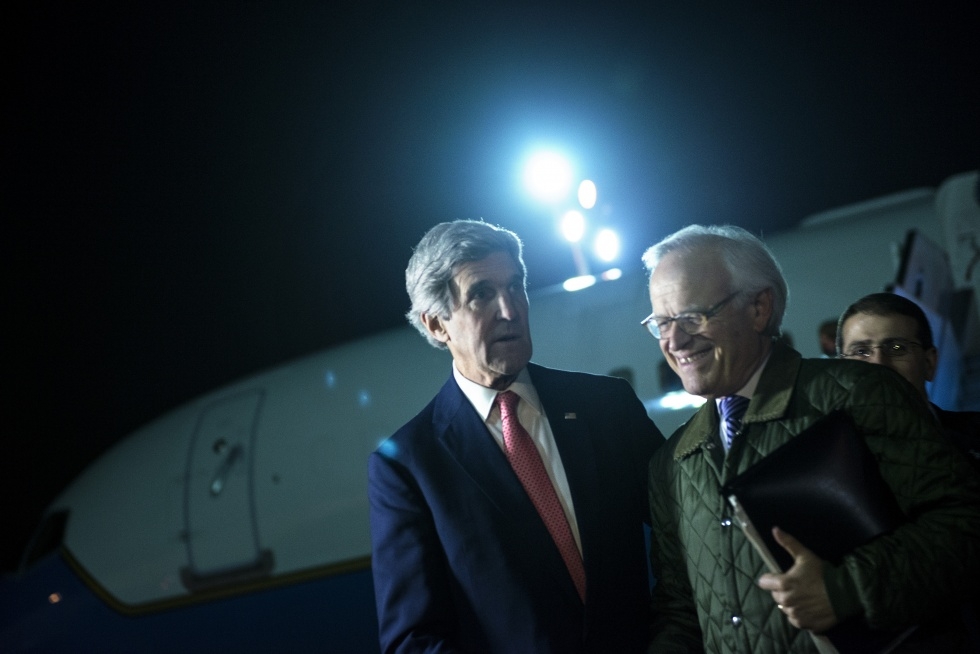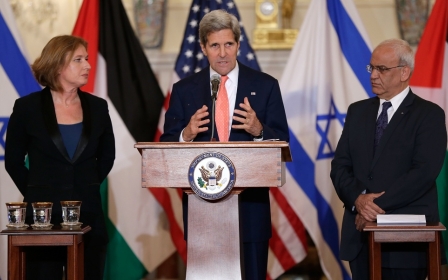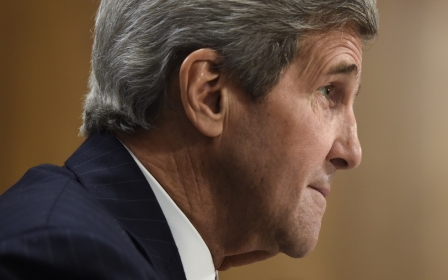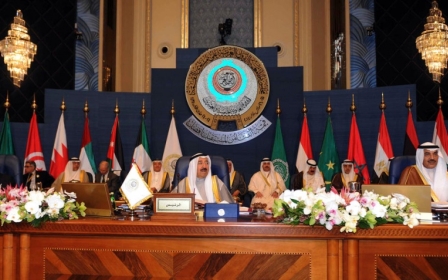Martin Indyk resigns as Middle East peace envoy

Martin Indyk has resigned from his role as Special Envoy for Israeli-Palestinian Negotiations, perhaps the most conclusive sign of the collapse of the latest attempt at Israel-Palestine peace talks.
An anonymous US official told Reuters of the decision although he did not specify the reason.
The move was widely expected however, since the stalling of the peace talks in April over discussions around the release of Palestinian prisoners.
The former ambassador will now return to a post at the Doha-based Brookings Institute.
The appointment of Indyk in 2013 had raised some eyebrows due to his former role as US ambassador to Israel and his long involvement with the American Israel Public Affairs Committee, an organisation which lobbies congress and other executive branches in America to follow pro-Israel policies.
The US State Department said on Friday that Indyk would not be fully abandoning the issue.
"Ambassador Indyk will continue to work closely with Secretary Kerry on the Obama administration's efforts to help Israelis and Palestinians resolve their conflict," it said.
In a statement, Secretary of State John Kerry praised Indyk’s work as a diplomat and affirmed that the US would not be backing out of its efforts in the region.
"The United States remains committed not just to the cause of peace, but to resuming the process when the parties find a path back to serious negotiations," Kerry said in the statement.
Gideon Levy, a columnist for Haaretz, says Indyk’s resignation was no surprise.
“It was most expected, it was even much too late,” he told Middle East Eye.
“The peace process was dead along time ago and now it’s just the funeral, the final funeral.”
“I think the process was born dead. It had no chance in the first place.”
Levy told MEE that the involvement of Indyk and the Americans had undermined the entire process from the beginning.
“They continued with the old policy - to think that with carrots you will be able to convince Israel. It doesn’t work. It never works and it doesn’t work. They never really put any kind of pressure and therefore there was no chance from the beginning.”
Rumours that Indyk would resign have circulated since May.
An unidentified source, later said to have been Indyk, was quoted in the Israeli newspaper Yedioth Aharanoth as having said that the main cause of the breakdown in peace talks “came from the settlements” and that the Palestinians didn’t really believe that “Israel really intends to let them found a state when, at the same time, it is building settlements on the territory meant for that state.”
Gideon Levy believes that the US as a whole would now like to shake itself free from the Israel-Palestine conflict, but that it might find such a move difficult.
“I think they’ll stay away as much as they can, but it will reach them,” he told MEE.
“The status quo will not last for long, but for now they’ll try to stay away for as much as they can.”
Brookings President Strobe Talbott welcomed Indyk’s return to his role as Vice President at the institute.
"The entire Brookings community, from our Trustees to our scholars and staff, welcomes Martin back," said Talbott. "We are extremely proud of his public service and his contributions to the cause of peace as an indefatigable and skilful diplomat.
New MEE newsletter: Jerusalem Dispatch
Sign up to get the latest insights and analysis on Israel-Palestine, alongside Turkey Unpacked and other MEE newsletters
Middle East Eye delivers independent and unrivalled coverage and analysis of the Middle East, North Africa and beyond. To learn more about republishing this content and the associated fees, please fill out this form. More about MEE can be found here.




